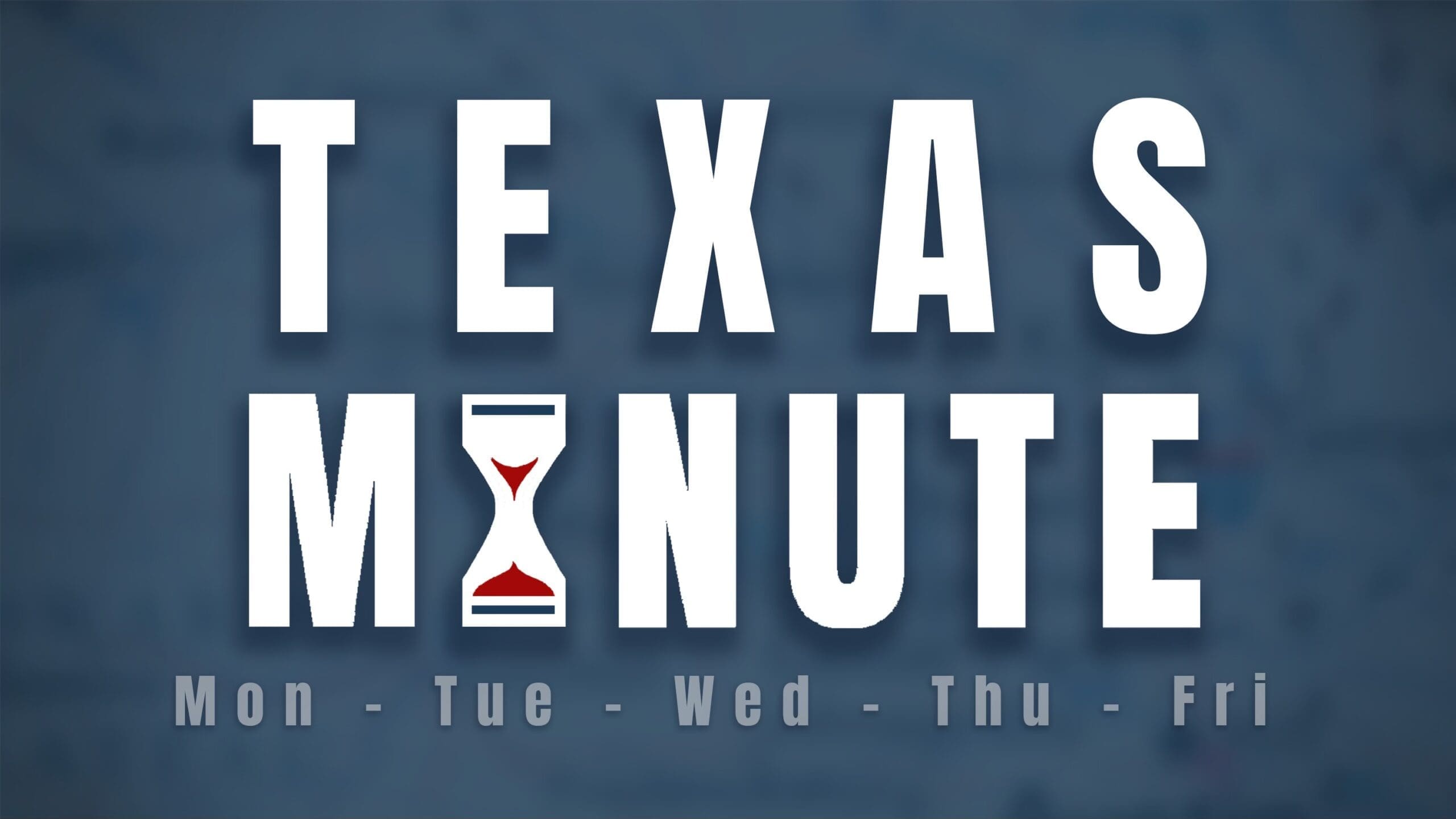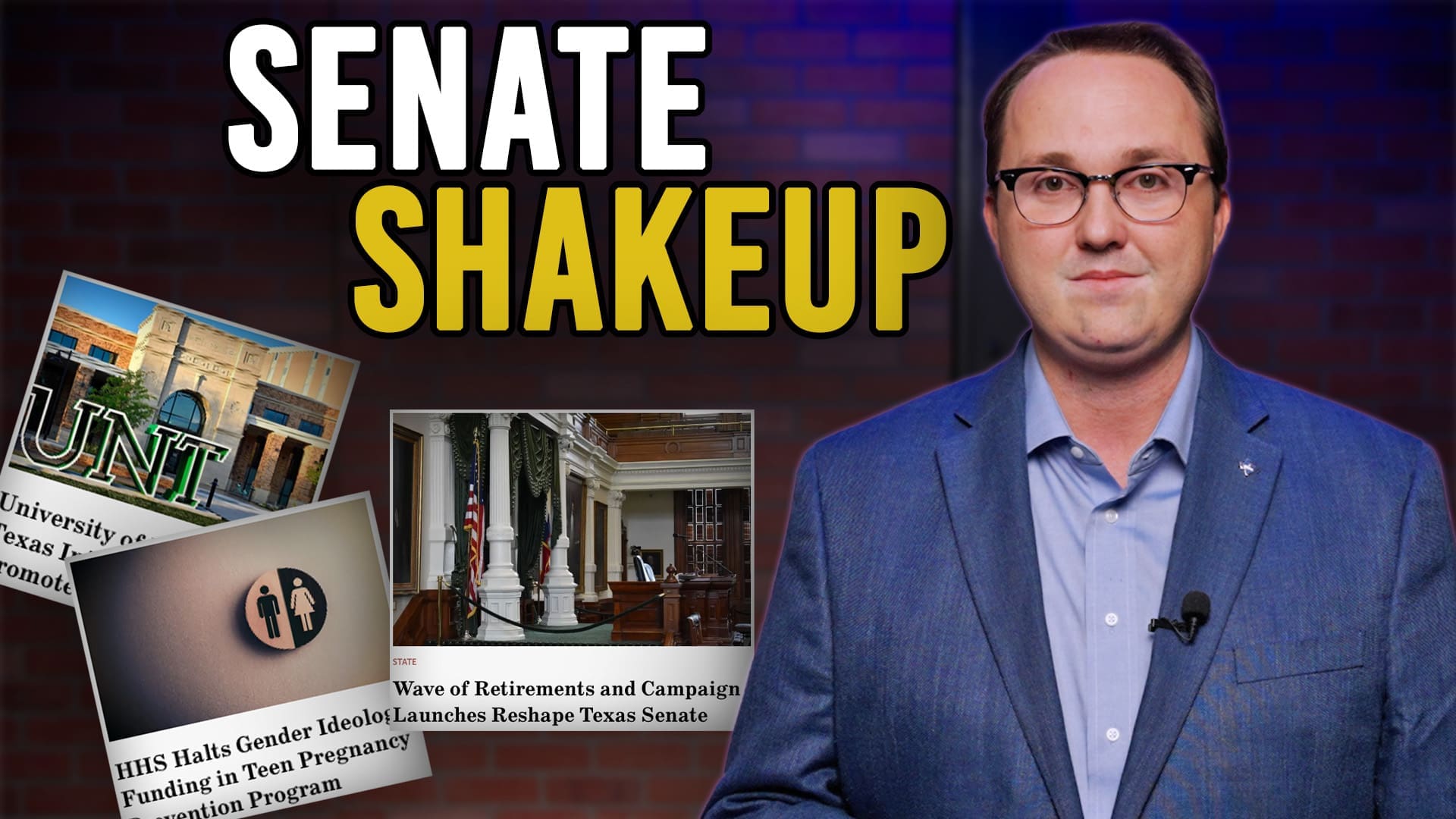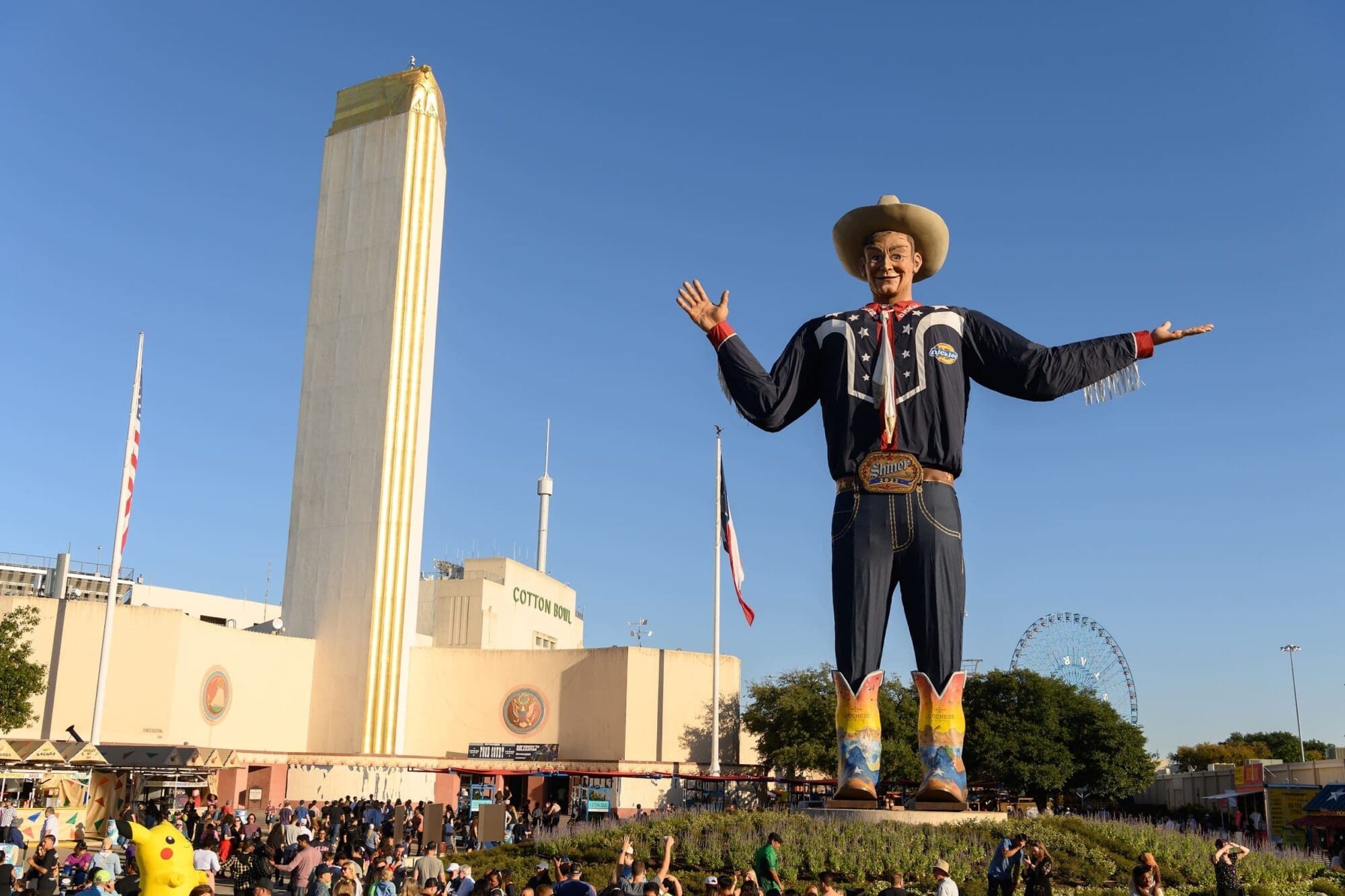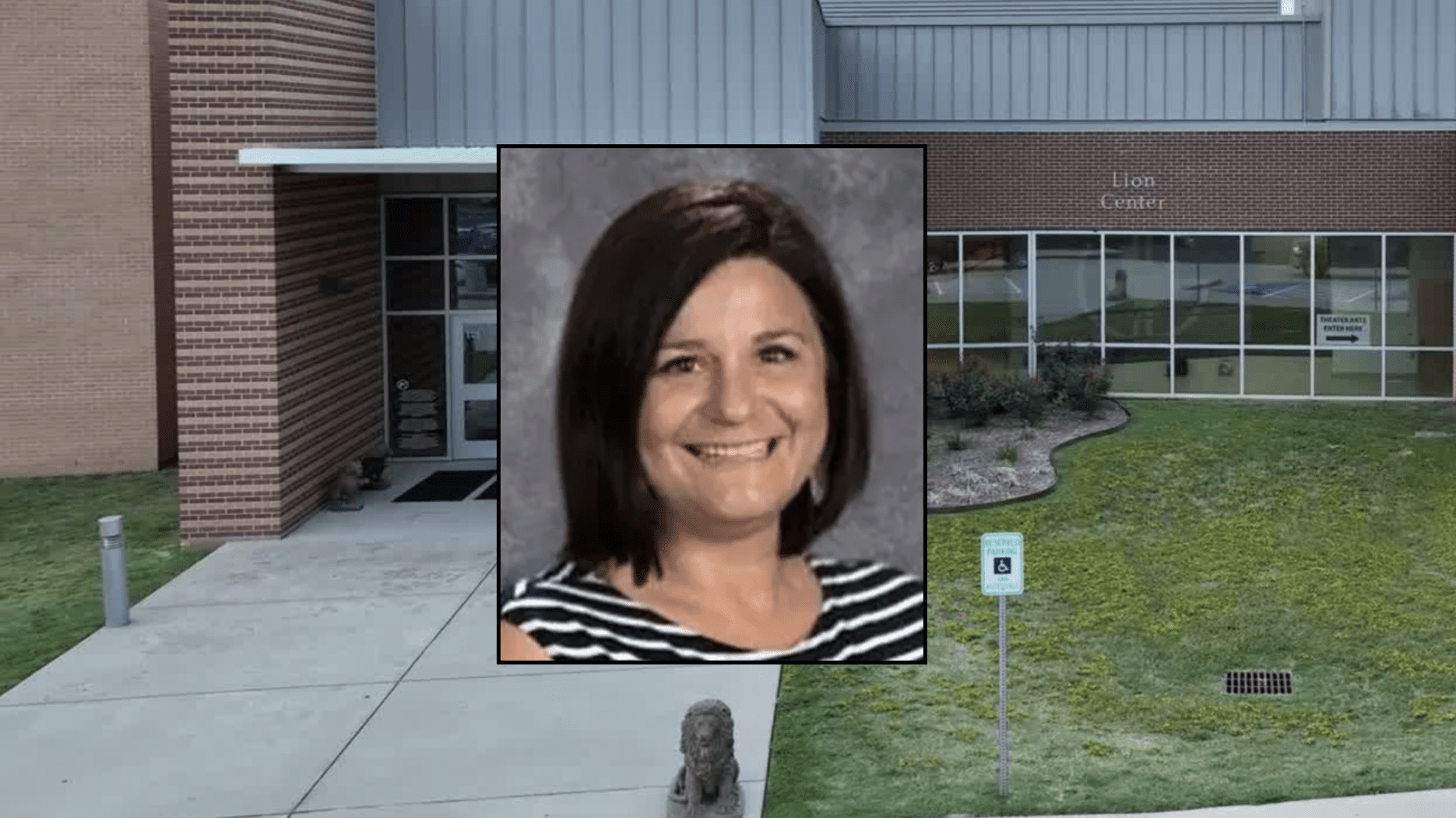From now through September, city officials across Texas will be meeting to decide how much money they want to spend next year, and setting property tax rates to collect the revenue they need from local homeowners and businesses to pay for that spending.
That means now is the time for taxpayers to impact the size of their property tax bills by telling city officials their spending priorities and expectations.
Taxes are driven by spending, so the way to keep citizens’ tax bills in check is to limit local government spending.
School districts spend the biggest share of Texans’ property tax payments, but cities still account for a significant portion of property tax bills.
Property tax bills are a product of appraised values (less any exemptions) and tax rates set by local governments.
Thanks to property tax reform passed in 2019, cities need voters’ approval to set a tax rate that raises property tax levies by more than 3.5 percent.
Within conservative Collin County, just north of Dallas, cities are staying below that voter approval rate.
Some are even adopting the no-new-revenue rate—a tax rate calculated to offset rising property values so tax bills stay steady—and relying on a growing tax base to fund spending growth. Any rate higher than the no-new-revenue rate is a tax increase.
Cities must first vote on and publish a proposed maximum tax rate, but they may later propose and adopt a lower rate.
While Texas’ Truth in Taxation laws require cities to allow public input on budgets and tax rates, tax reform legislation reduced the number of public hearings a city must hold on tax increases from two to one. Officials can also adopt a tax increase at the same meeting—effectively disregarding anything citizens say at the hearing.
Here’s a look at the spending and tax plans of some cities around Collin County. Tax rates are per $100 of valuation:
Allen
Proposed 2022-23 Operating Budget: $119 million (50 percent from property taxes)
Debt Service: $16 million
No-New-Revenue Rate: $0.4189
Voter Approval Rate: $0.4313 ($0.4619 with unused increments)
Proposed Tax Rate: $0.4313 (maximum)
- August 19-20: Budget Workshop
- September 13: Budget and Tax Rate Public Hearing and Vote
Allen City Council set a maximum tax rate at the voter approval rate of $0.4313, as recommended by city staff. The proposed budget is based on a rate of $0.429, with 79 percent of property tax revenue going to operations and 21 percent to repay debt.
At their budget workshop on August 19-20, city officials may increase the budget up to the maximum tax rate or lower their proposed spending and tax rate.
Last year, Allen citizens convinced city council members to adopt the no-new-revenue rate.
The Allen budget notes that cities may “bank” up to three years’ worth of “unused” tax increases and add the “unused increments” on top of the voter approval rate, without voter approval (another provision of 2019’s property tax reform). The city has banked 3 cents over the past two years and will add a bit more this year if they stick to the budgeted rate.
The average single-family home value in Allen jumped by more than 11 percent, to $433,972.
Frisco
Proposed 2022-23 Operating Budget: $229 million (50 percent from property taxes)
Debt Service: $90 million
No-New-Revenue Rate: $0.3996
Voter Approval Rate: $0.4475 (with 1-cent unused increment)
Proposed Tax Rate: $0.4466
- August 8: Budget Work Session
- August 16: First Public Hearing on Budget
- September 6: Second Public Hearing on Budget
- September 20: Public Hearing on Tax Rate, Vote on Budget and Tax Rate
Frisco, which lies within both Collin and Denton counties, is proposing the same property tax rate it’s levied since 2018, $0.4466. That’s almost 5 cents above this year’s no-new-revenue rate and would require voter approval if not for the city’s unused increment.
With skyrocketing property values and no rate reduction, the city says it is providing “relief” to homeowners with a new over-65 tax freeze plus an existing $80,000 over-65 exemption, as well as an increase in the regular homestead exemption from 10 to 12.5 percent and planned “incremental increases” up to the maximum 20 percent allowed by state law.
This year, 65 percent of Frisco’s property tax revenues are allocated for operating expenses, which are increasing by $15 million over last year, while 35 percent goes to debt repayment.
McKinney
Proposed 2022-23 Operating Budget: $191 million (52 percent from property taxes)
Debt Service: $65 million
No-New-Revenue Rate: $0.4333
Voter Approval Rate: $0.4736
Proposed Tax Rate: $0.4595 (maximum)
- August 12: Budget Workshop
- August 16: Public Input on Budget
- September 6: Budget and Tax Rate Public Hearing and Vote
McKinney City Council set a maximum property tax rate of $0.4595, but the city’s proposed budget is based on a rate of $0.4574.
With the average home value exploding, from $374,290 to $496,438, the average homeowner’s property tax bill will be $2,271. That’s 22 percent higher than last year’s average and a whopping 78 percent increase since 2013-14.
In the past year, McKinney’s total tax base has grown by 17 percent to $31 billion, with $892.9 million in new construction and increases in existing property values of 13.8 percent.
The city’s proposed operating budget is $19 million (11 percent) higher than last year.
Property tax revenue is projected to increase by $5.4 million (5.9 percent) to $98.5 million, with 68 percent going to operations and 32 percent to repay debt.
Plano
Proposed 2022-23 Operating Budget: $362 million (46 percent from property taxes)
Debt Service: $58 million
No-New-Revenue Rate: $0.4176
Voter Approval Rate: $0.4377
Proposed Tax Rate: $0.4265 (maximum)
- August 13: Budget Workshop
- September 12: Public Hearing on Tax Increase
Plano City Council voted unanimously at their August 8 meeting to set a maximum tax rate of $0.4265, as recommended by city staff, although several council members said they would like to work toward the no-new-revenue rate at their budget workshop on Saturday.
The city budget director said getting down to the NNR would require subtracting $4.5 million out of the proposed operating budget, which is currently $14 million higher than last year’s.
Plano’s total tax base grew by nearly 9 percent in the past year, to $51.9 billion, while the value of the average home in Plano shot up 24.5 percent to $493,927.
Almost half of the city’s projected $221 million property tax revenue (49.2 percent) comes from residential properties, which have seen the largest jumps in value, while 39.2 percent is from commercial property and 11.6 percent from multifamily.
Wylie
Proposed 2022-23 Operating Budget: $54 million (56 percent from property taxes)
Debt Service: $9 million
No-New-Revenue Rate: $0.5623
Voter Approval Rate: $0.58
Proposed Tax Rate: $0.5623 (maximum)
- August 23: Budget and Tax Rate Public Hearing and Vote
Wylie City Council is set to adopt the no-new-revenue rate for the fifth year in a row.
The city’s tax base increased by 17 percent to $6.2 billion.
Mayor Matthew Porter said Wylie would “rely on our growth to provide us with the funds to continue to fund new positions in public safety, expand services and take care of our staff to ensure that the citizens of Wylie continue to receive services at the high quality they deserve.”





